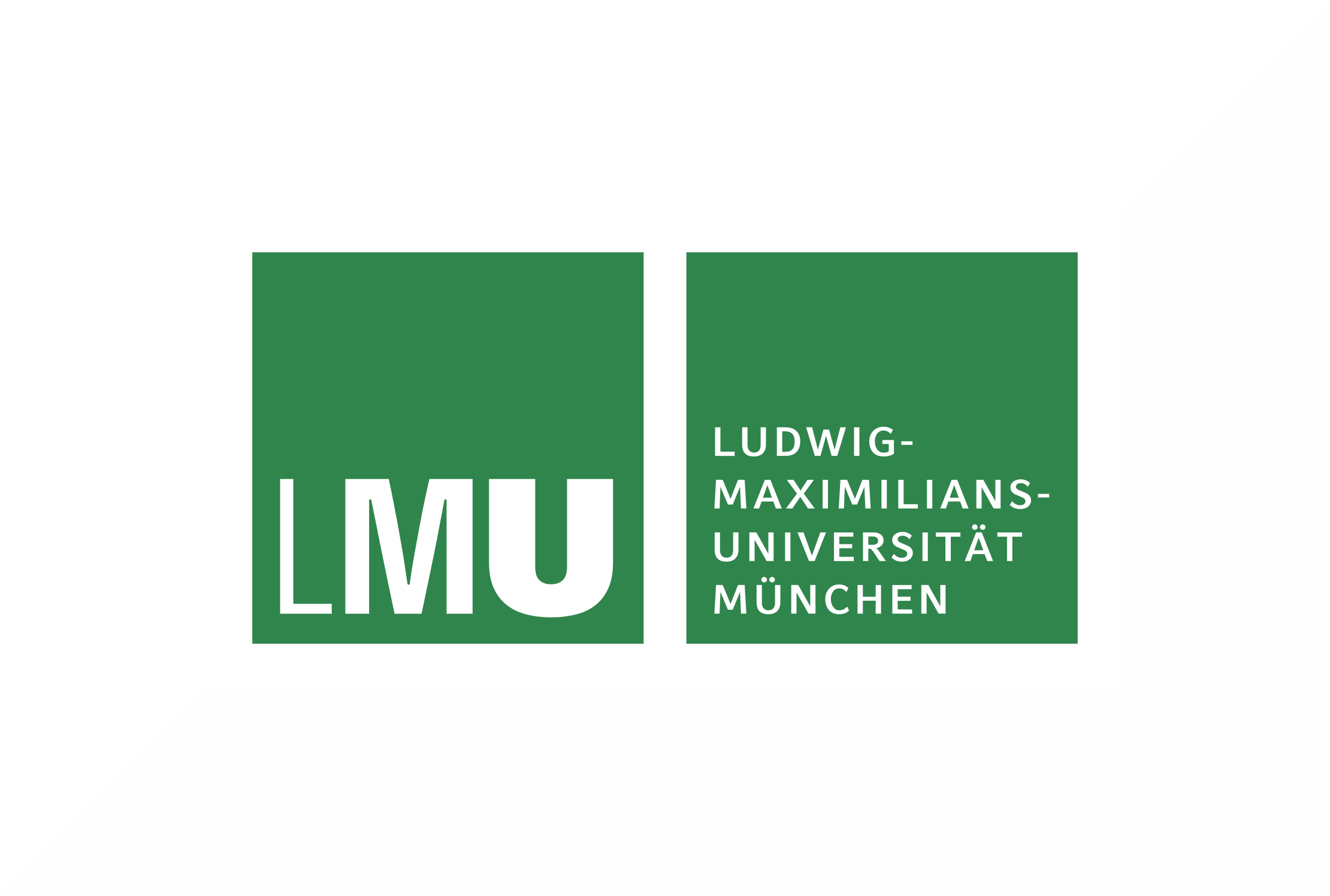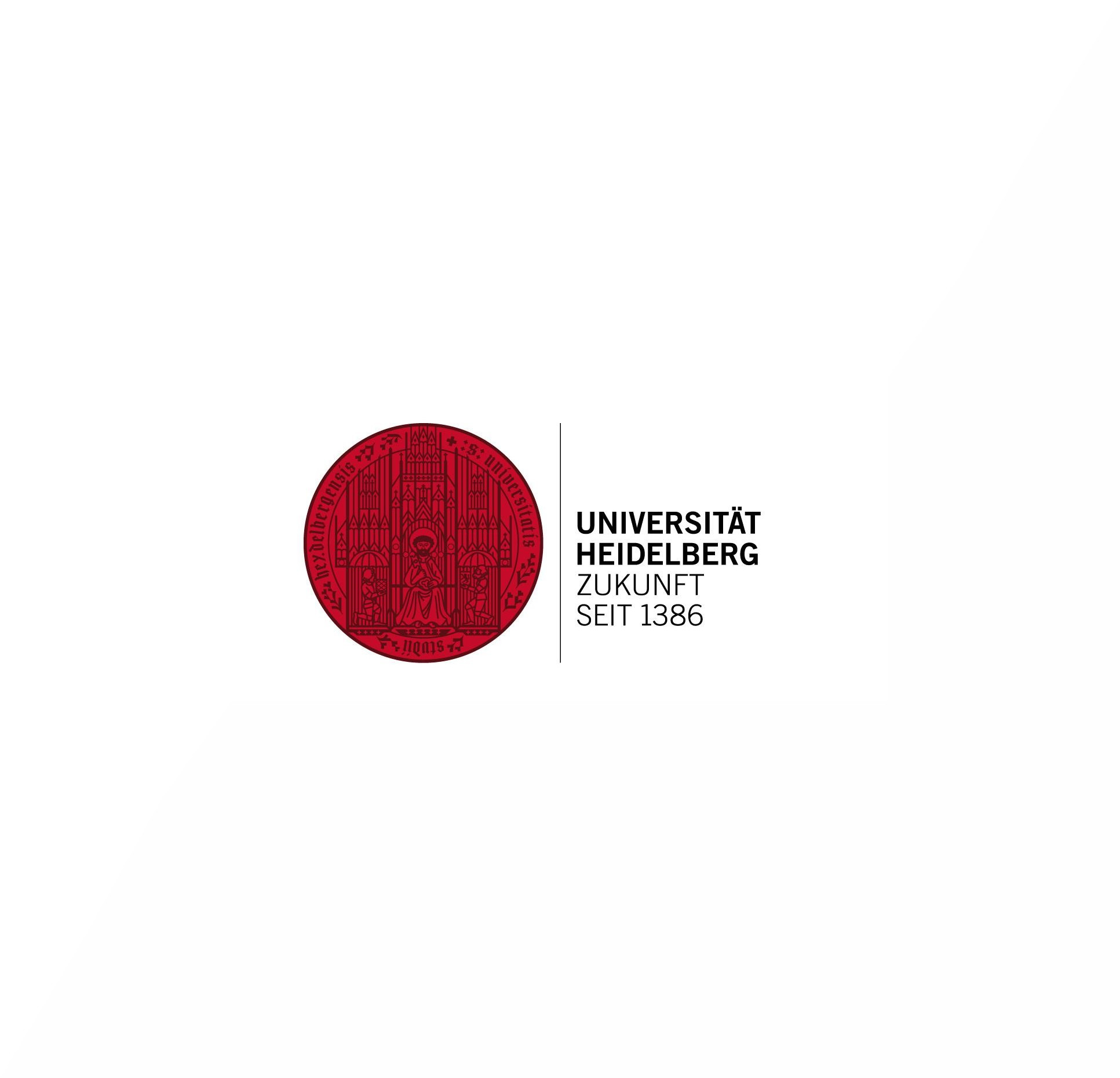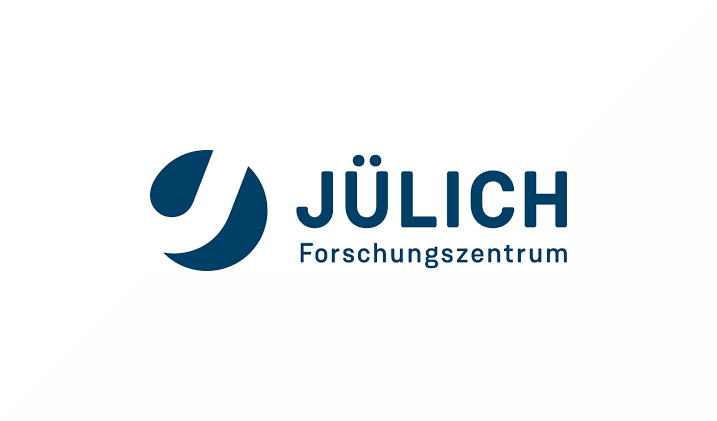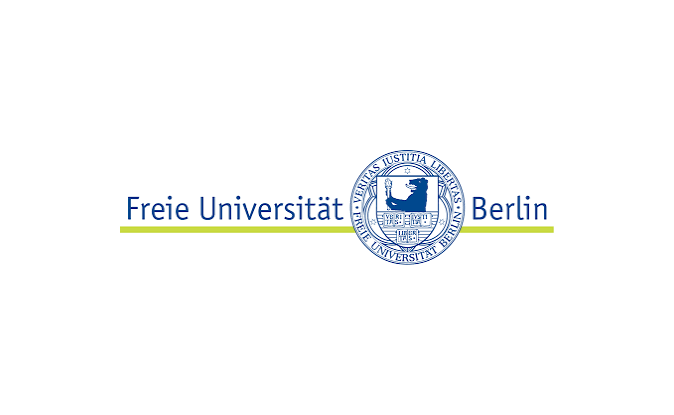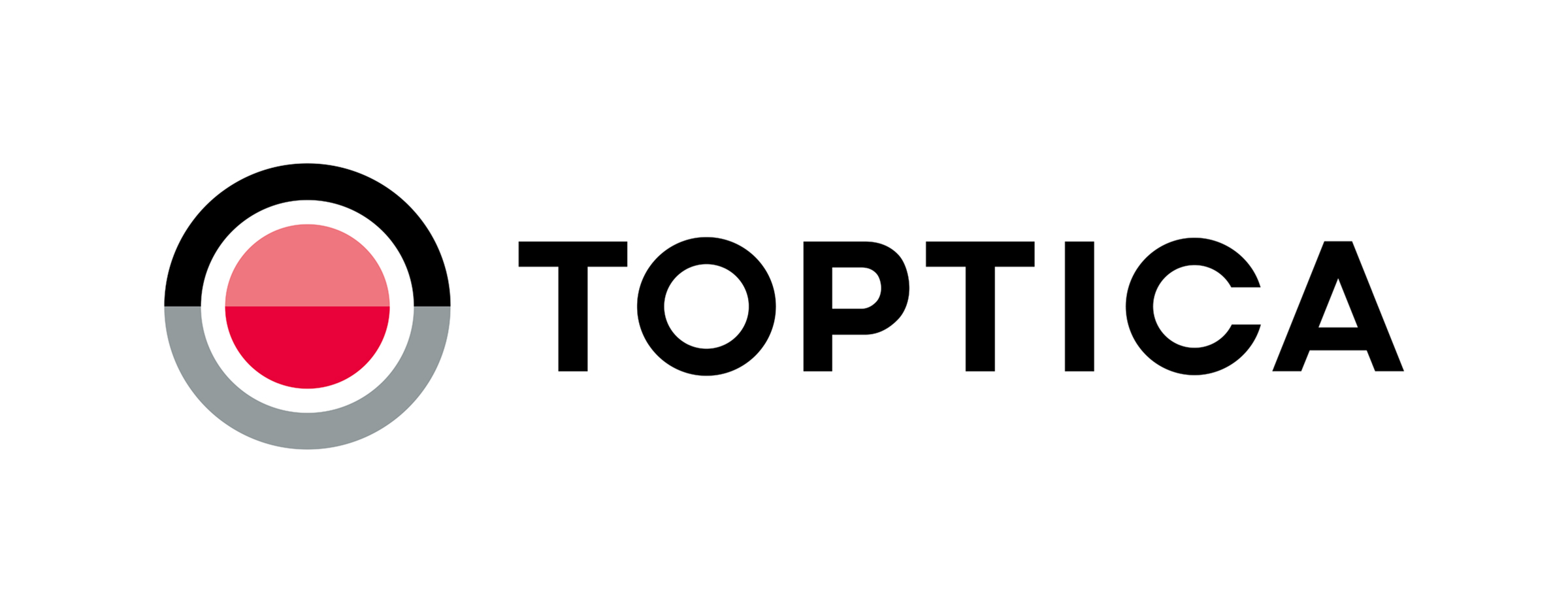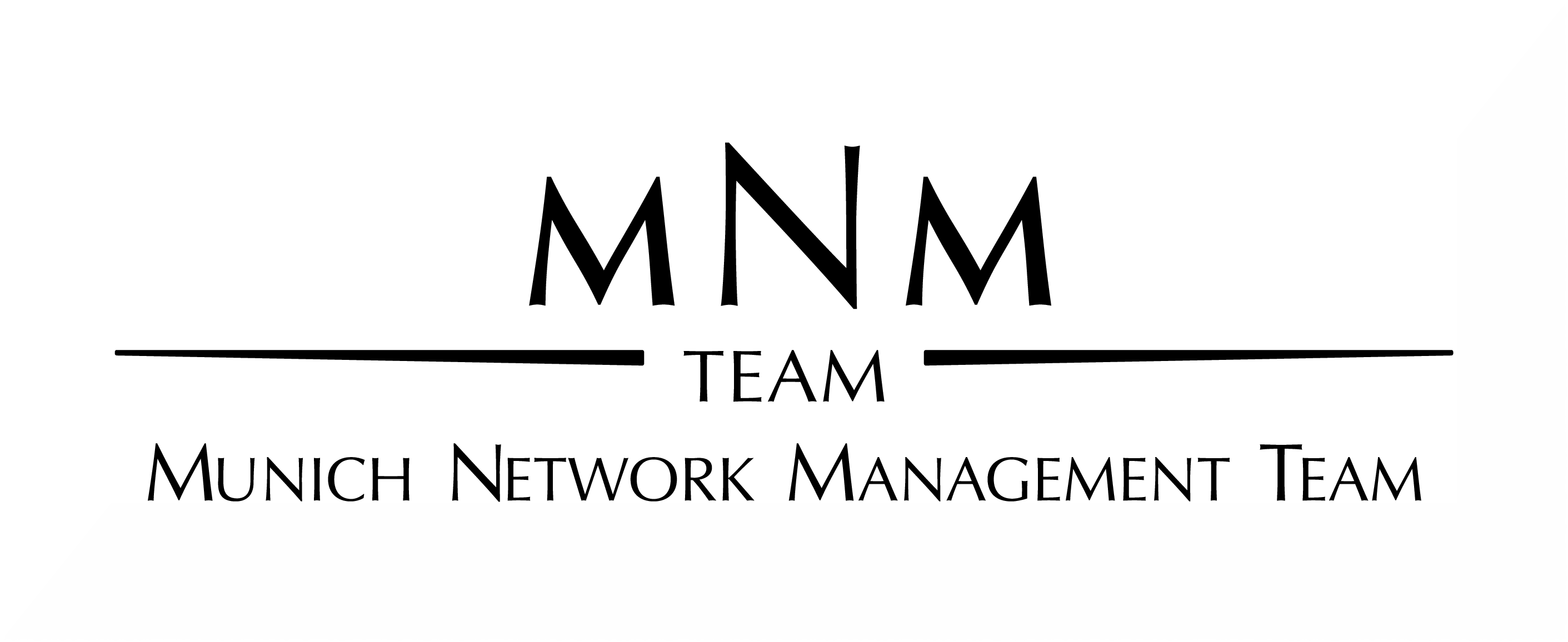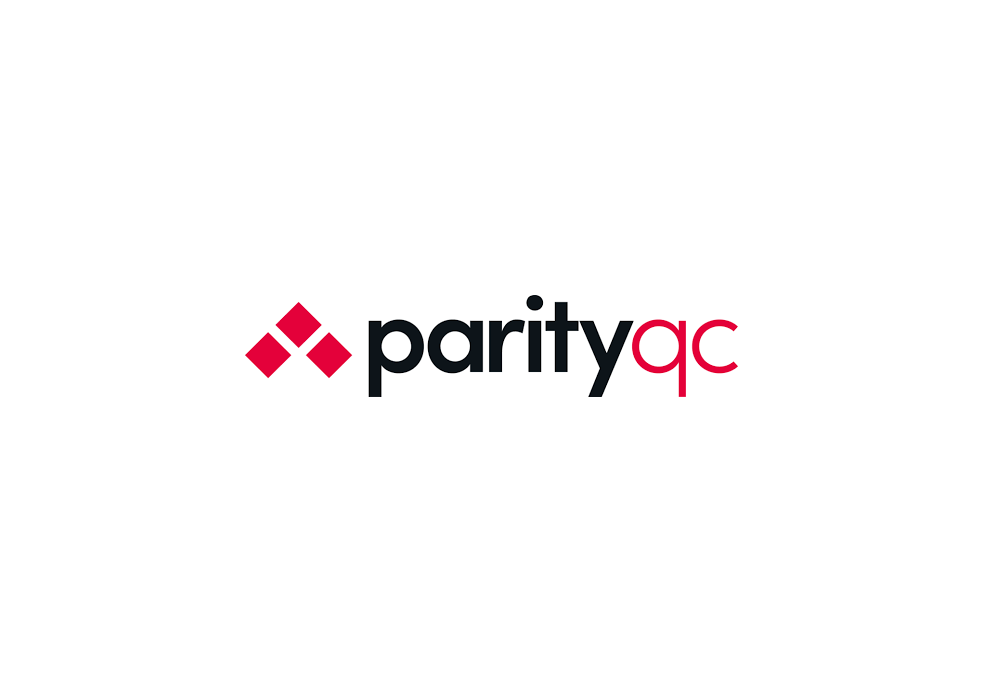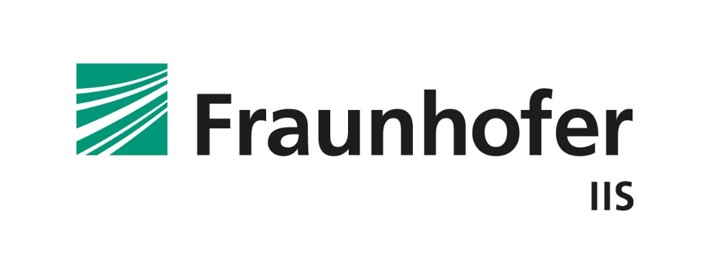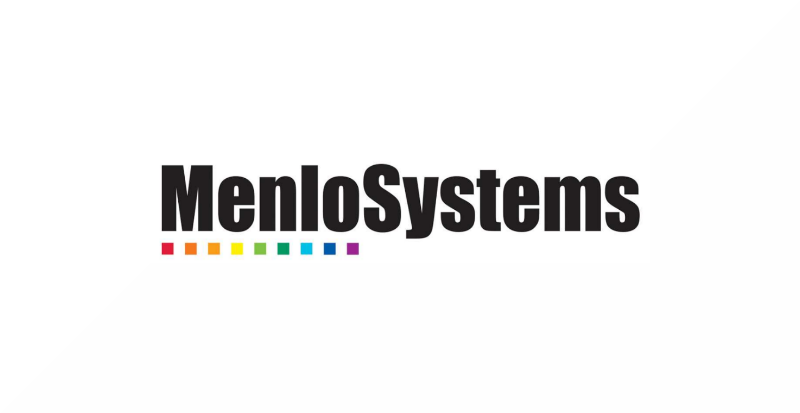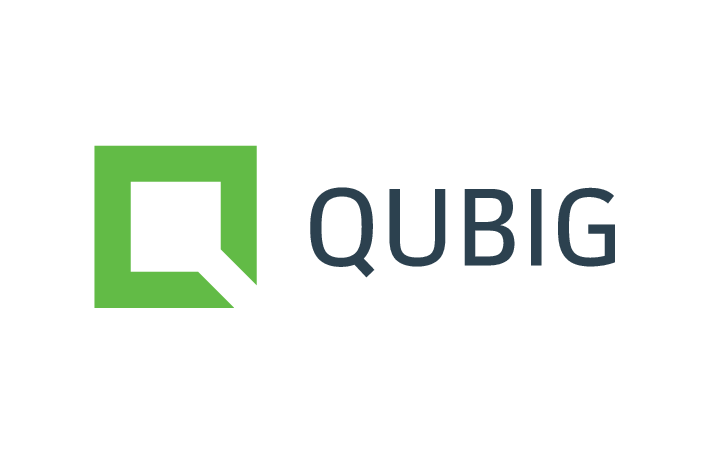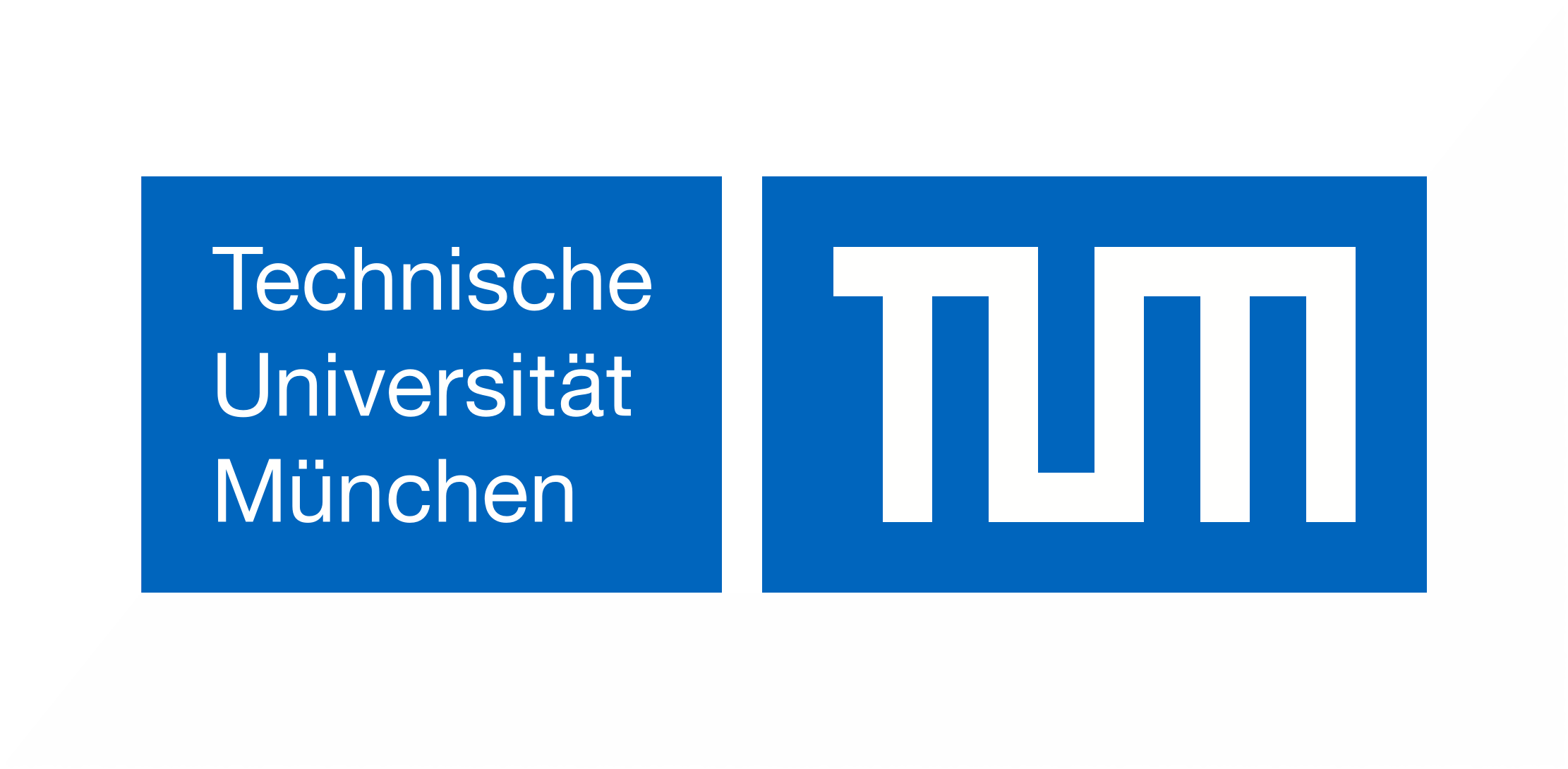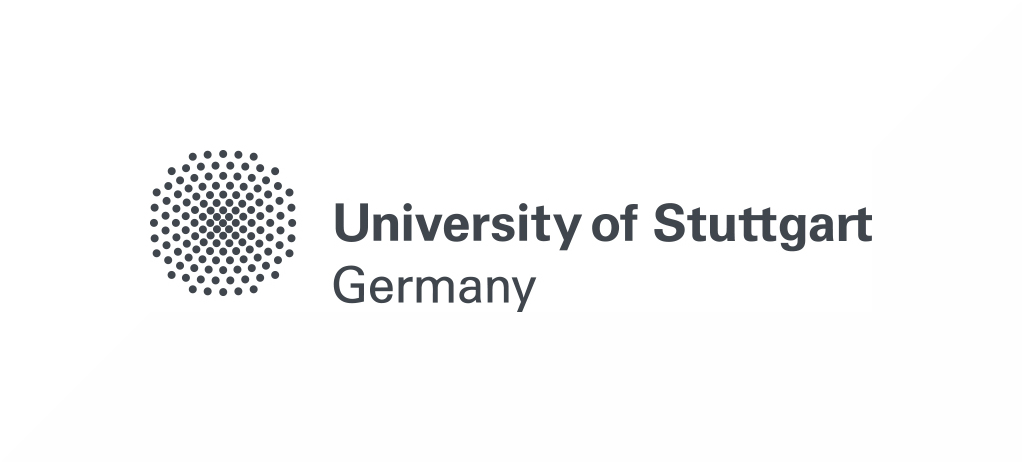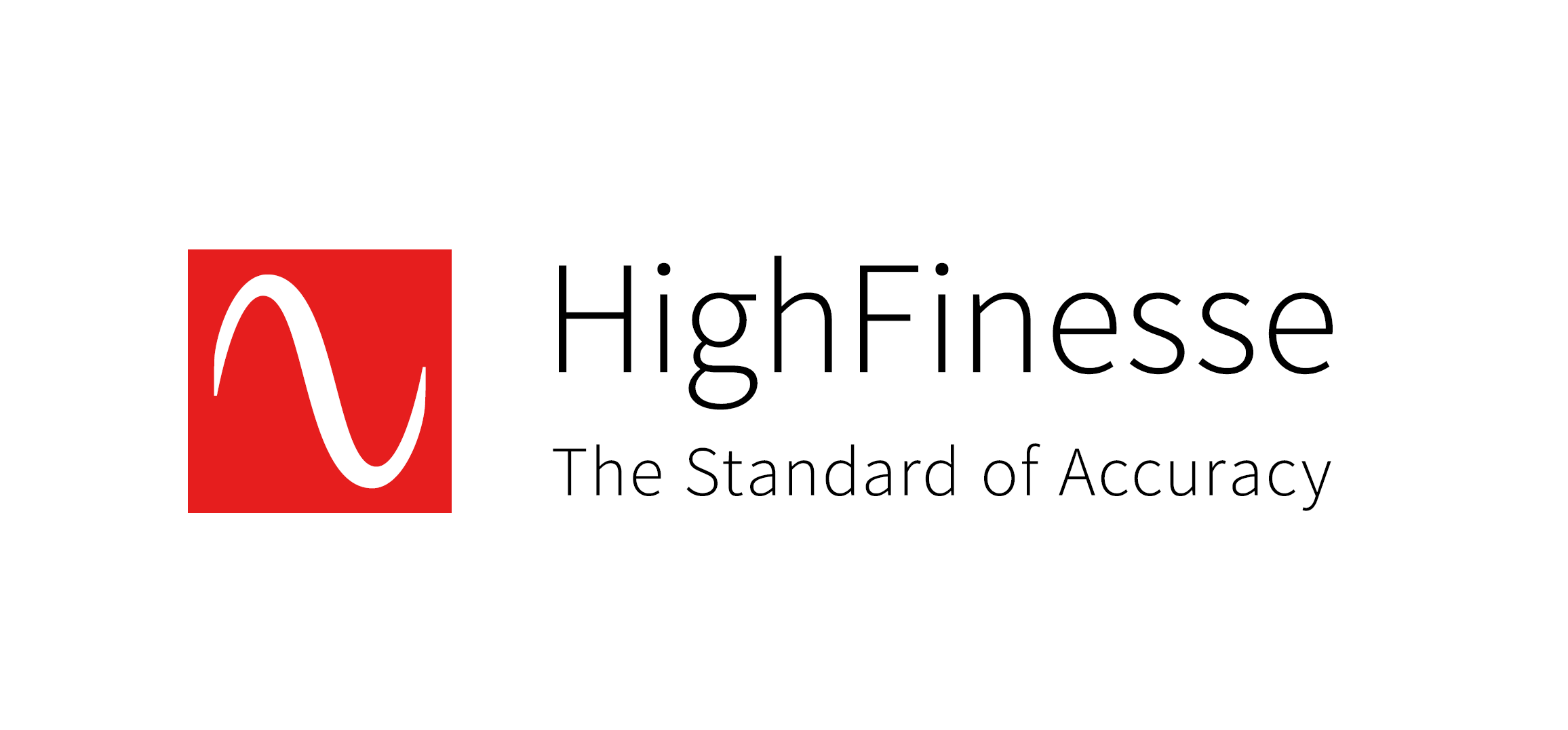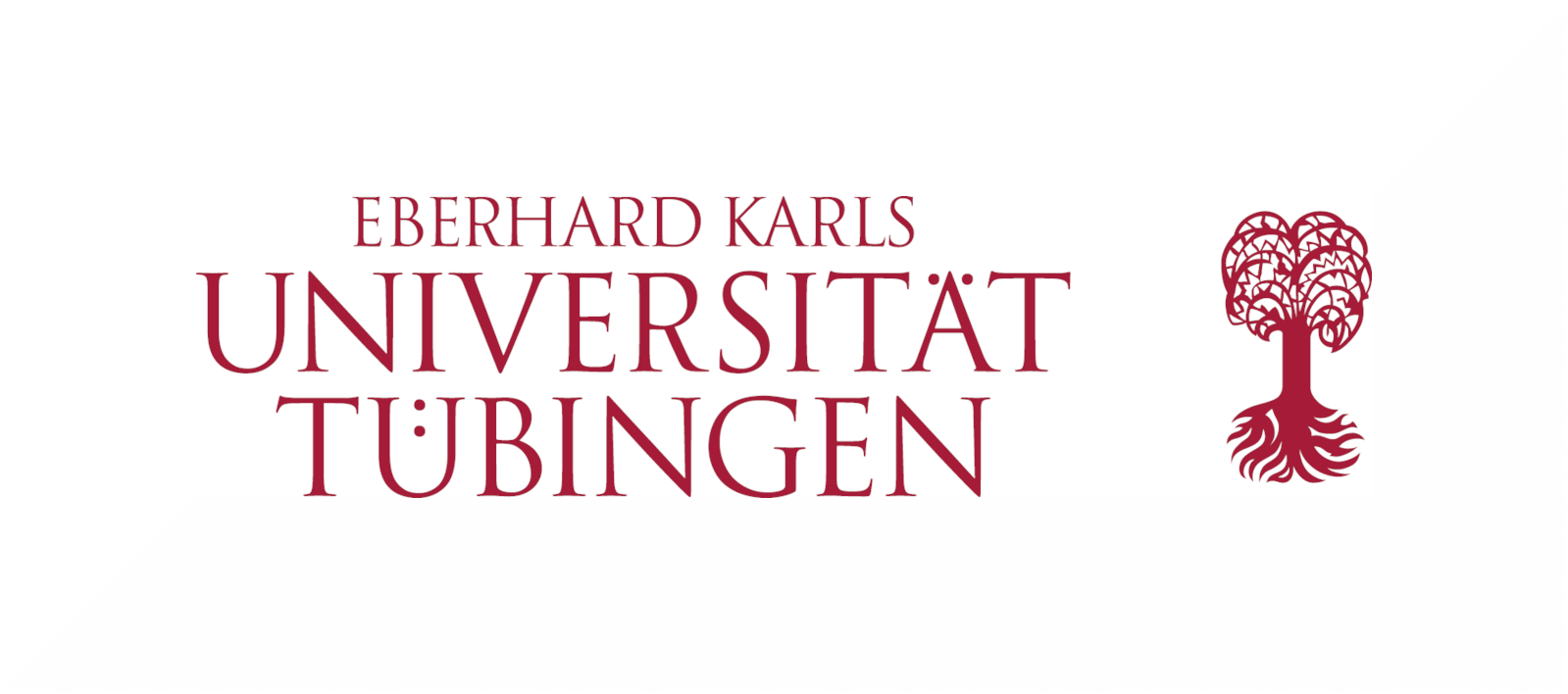Project vision
Quantum computing has the potential to find efficient solutions to complex problems, which are intractable for classical computers. Quantum computers could also enable new breakthroughs in material science, chemistry, cybersecurity, and other problems where the computational complexity to find solutions scales exponentially with the problem size. However, to outperform classical computers on these tasks, a large number of qubits and a low error rate are required. Eventually, such machines will most likely have to be capable of correcting errors that occur during calculations on the fly using so-called quantum error correction.
Our consortium, MUNIQC-Atoms, will realize a lab demonstrator based on a two-dimensional array of trapped neutral strontium atoms, where we combine the advantages of scalable optical lattices with high-fidelity Rydberg gates. The consortium brings together research groups and industry experts from various fields, with expertise on fundamental quantum information science, high-end custom-designed lasers, integrated optics, fast optoelectronics hardware, optimal control, compilers, high-performance computing frameworks, and integration with software development kits for quantum computing.
The broad range of expertise of MUNIQC-Atoms is the key for building a neutral-atom quantum computer demonstrator and laying the groundwork for scalable quantum computing.
Partners
MUNIQC-Atoms brings together about 20 partners with unique expertise in their own fields with the goal to build a quantum computer demonstrator based on neutral atoms. The consortium is coordinated at the Max Planck Institute of Quantum Optics, where the quantum computer demonstrator is also being built.
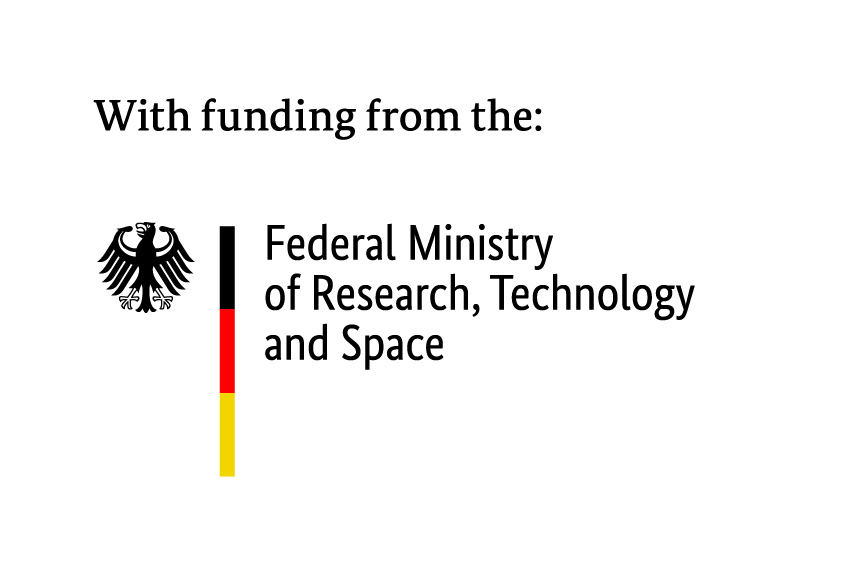
Funding acknowledgement
MUNIQC-Atoms receives financial support from the Federal Ministry of Research, Technology and Space (BMFTR)

